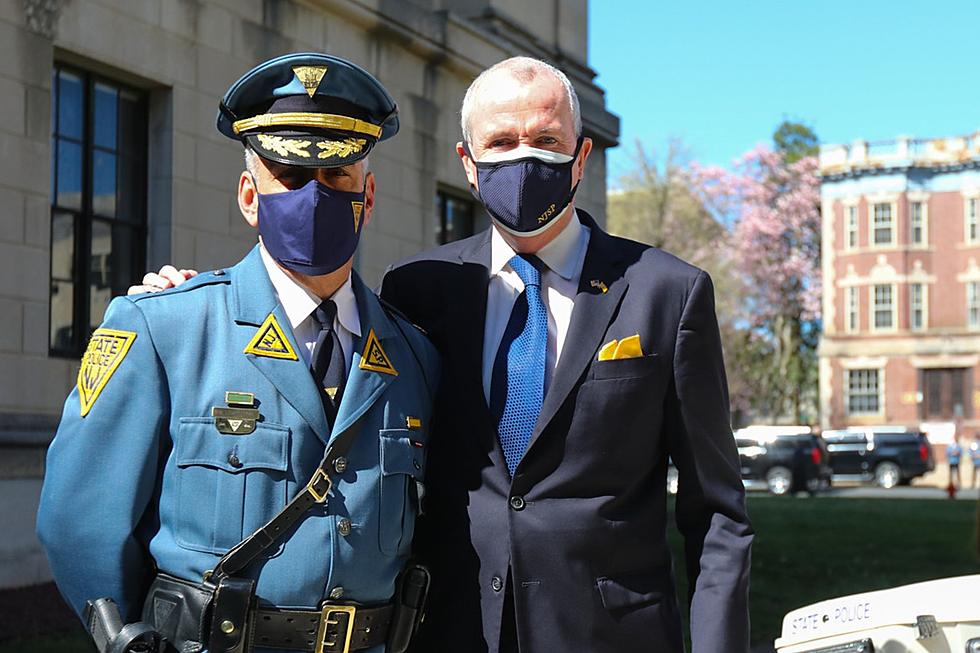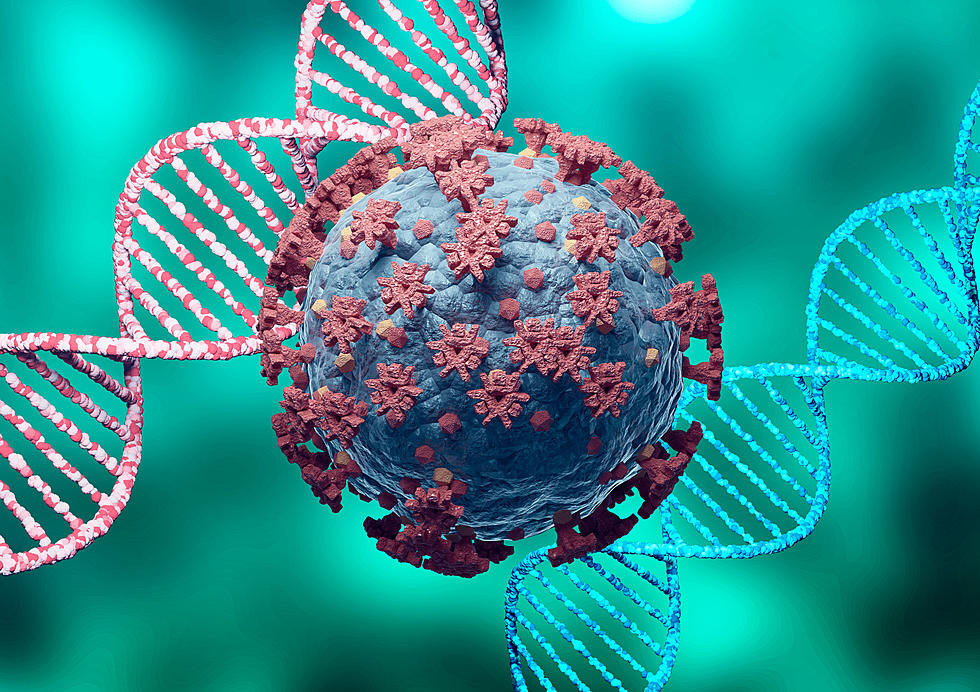
Murphy not sure when he’ll give up his emergency powers
Gov. Phil Murphy on Wednesday defended his use of emergency powers after 13 months, declining to set a sunset date.
He has continued to extend the health emergency every 30 days by issuing a new executive order while also issuing more than 200 other executive orders related to the pandemic.
“It’s not something that we want to be doing. We do it because we have to do it,” he said. “It’s a topic of constant conversation within our team, with our legislative colleagues, and they’ve been great about that.”
Murphy has been under fire for months by Republican lawmakers. But Democrats have also expressed concern, suggesting instead he should be conferring more closely with them about how policies and procedures move forward.
“I just think it's time to have the dialogue with the governor. We prefer to have a mutual agreement, a mutual solution," State Senate President Steve Sweeney, D-Gloucester, recently said/
State Senator Mike Testa, R-Cumberland, went one further.
"We've been under what I believe to be tyrannical executive rule for over a year now and it's time we put a stop gap on the governor's unfettered executive powers," the conservative Republican said.
But Murphy insists he has never stopped conferring with lawmakers and he said having this kind of an emergency is not something he relishes.
Murphy said average New Jerseyans do not have the same concerns some lawmakers do.
“They’re much more focused on somebody has died in their family or sick or they’ve lost their job or they lost their business and they want to know what we’re doing for them,” he said.
He said the state of emergency and the health emergency “allows us to do a lot more than we normally could for those people.”
The governor has repeatedly pointed out that the Health Department’s ability to regulate the distribution of the COVID vaccine is linked to the declaration of a health emergency, which he suggested is now more important than ever because of the current Johnson & Johnson vaccine pause.
So when will the state of emergency end?
The governor is not sure.
"But we will not hold onto this one minute longer than we have to," he said. "I promise you we will not keep the state of emergency or the health care emergency on the books for one minute longer than it needs to be.”
You can contact reporter David Matthau at David.Matthau@townsquaremedia.com
NJ towns that actually cut property taxes in 2020
LOOK: The Most Famous Actor Born Every Year
More From SoJO 104.9 FM








![[POLL] Do NJ Residents Feel Safe Enough To Go On Vacation This Summer?](http://townsquare.media/site/396/files/2021/05/Family-On-Vacation-Hiking.jpg?w=980&q=75)

